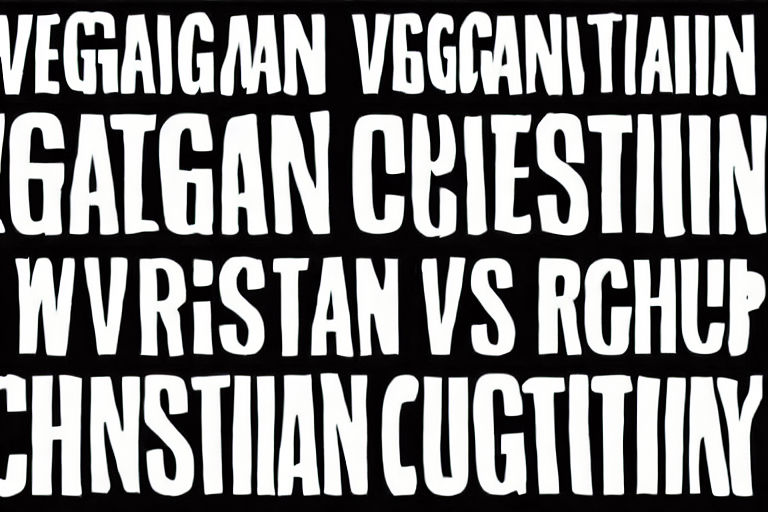The Intersection between Veganism and Ethical Consumption
In recent years, there has been an increasing interest in the ethical implications of what we consume. This interest has led people to make conscious choices about the products they buy, from food to clothing to household items. One movement that has gained a considerable following in this regard is veganism.
Veganism is a lifestyle choice that involves abstaining from using or consuming any animal products, such as meat, dairy, eggs, leather, and fur. Many people adopt this lifestyle to reduce their impact on animals and the environment.
While the connection between veganism and ethical consumption may seem clear, it is also important to note that not all vegan products are created equal. For example, a product may not contain animal ingredients, but it may have been tested on animals or produced in an unsustainable way. As such, it is crucial to consider other factors beyond animal welfare when making ethical consumption choices.
Here are some ways to ensure that your vegan lifestyle also promotes ethical consumption:
Choose Cruelty-Free Products
When buying personal care and household products, opt for those that are certified cruelty-free. Many companies still test their products on animals, even if they do not contain animal ingredients. Look for labels that indicate that the product was not tested on animals or consult websites such as Leaping Bunny or PETA to find cruelty-free products.
Go for Sustainable Fashion
Veganism is not just about what you eat; it also involves the clothing you wear. Instead of fast fashion that has been produced in an unsustainable way, choose clothing made from eco-friendly materials such as bamboo, hemp, or organic cotton. You can also shop for clothes made by brands that prioritize sustainable and ethical production methods.
Support Ethical Food Producers
While veganism may mean cutting out animal products, it is still important to consider the ethical practices of the companies you buy from. Choose food producers and brands that use sustainable and ethical production methods. Look for labels that indicate that the product was produced in an environmentally friendly way or that the workers were paid fairly.
In conclusion, veganism and ethical consumption are two movements that intersect in meaningful ways. By adopting a vegan lifestyle and considering other factors beyond animal welfare, we can make choices that promote a more sustainable, compassionate world.



